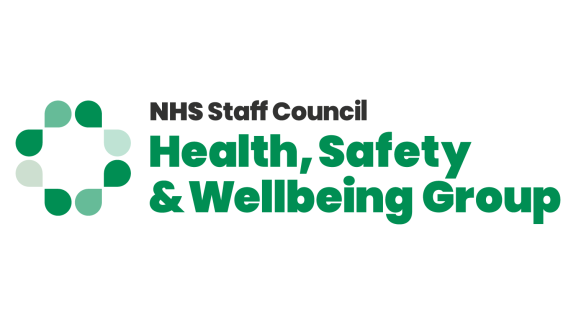Shift work essentials for NHS staff
31 October 2024
Authors
-

I’m Rhys Martin, and I work as the health and safety policy officer for the Society of Radiographers trade union. My role involves supporting our health and safety reps across the UK and advising our members on any health and safety issues they might have. Recently, Claire Smith from the NHS Wales and I updated the Health, Safety and Wellbeing Group (HSWG) shift work guidance. This update is super important for all our NHS workers who often find themselves working long shifts, including those tough night shifts.
Understanding shift work and working time regulations
We all know that working in the NHS means long hours and night shifts are part of the deal. But did you know that shift work is a major health and safety concern? It’s regulated by law and some parts are enforced by the Health & Safety Executive. Both employers and workers have a duty to minimise risks and prevent injuries and ill health. For those of you working night shifts regularly, there are extra regulations to keep you safe.
What employers need to do
Employers must follow working time regulations and offer night workers regular health assessments. This is crucial because changes to your circadian rhythms can lead to health issues over time.
Our responsibilities as healthcare professionals
As healthcare professionals, you also have a responsibility to practice safely and raise any concerns with your employer you might have. Here are some key points from the working time regulations in a hospital setting:
For all workers:
- Weekly hours: You can’t be forced to work more than 48 hours a week on average.
- Working time: This includes work-related travel, working lunches, and job-related training.
- Rest breaks: You have the right to 11 hours of uninterrupted rest between shifts and a day off each week.
- In-work rest periods: If your working day is longer than 6 hours, you should get at least a 20-minute continuous break.
For night workers:
- Daily hours: You shouldn’t work longer than 8 hours daily on average, including overtime.
- Health assessments: You’re entitled to a free health assessment, and the results must be taken seriously.
- Special hazards: If your work involves special hazards or heavy mental strain, there’s an absolute limit of eight hours on your working time each day.
Variations
Some parts of the working time regulations can be adjusted. For example, you can opt out of the 48-hour weekly limit if you agree to it. However, some things, like your daily rest break and weekly rest period, can’t be changed to ensure your safety.
By following these regulations and keeping the lines of communication open with your employer, you can help create a safer working environment. Regular health assessments and knowing your rights and responsibilities are key to managing the challenges of shift work.
For more detailed guidance, check out the updated HSWG shift work guidance and section 27 of the NHS Terms and Conditions Handbook.
